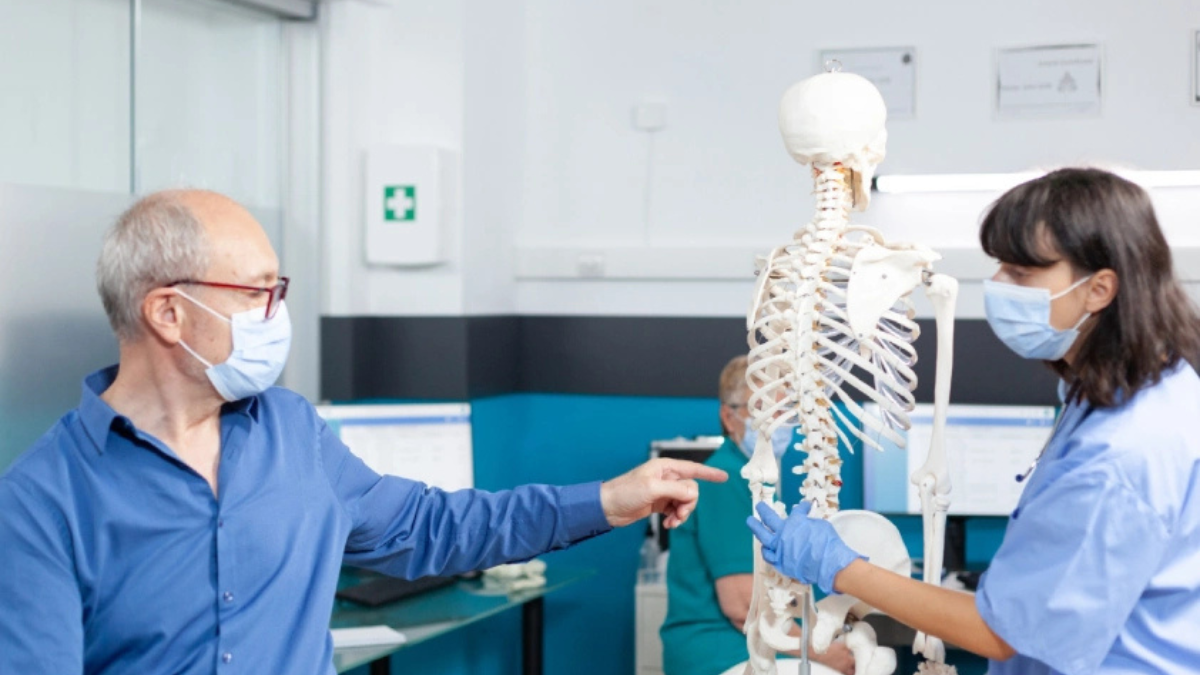Dubai’s healthcare scene has levelled up. From bones to skin, the city’s clinics and hospitals are now packed with smart tech, faster systems, and specialists who don’t just fix the issue—they help you prevent it from happening again. If you’ve ever seen a Dubai orthopedic specialist, you’ve likely noticed: care here is faster, sharper, and a lot more personalised than what you’d expect.
Let’s take joint pain.
Taking painkillers is no longer the only available treatment for osteoarthritis. The list of possible procedures includes PRP (platelet-rich plasma), stem cell injections, and gel-based visco supplements. These treatments reduce inflammation and can help in healing cartilage. All this helps you to avoid and delay the need for surgery and gives your joints more room to breathe.
And if you do need surgery? You’ve got options. Robotic-assisted tools now help surgeons place implants with near-perfect precision especially in knee or hip replacements. That means fewer revision surgeries later and a recovery plan that won’t knock you out of your routine for months. Pain is managed better too, with targeted anaesthesia and rehab plans that are built around how you heal, not just a general template.
Back issues are also handled differently now. Minimally invasive spine surgeries are becoming the norm, not the exception. Small tools, real-time imaging, and keyhole incisions mean people with herniated discs or spinal stenosis are walking out of the clinic the same day. That’s a huge shift from the days of week-long hospital stays and months of bed rest.
It’s not just about injuries either. Dubai’s sports medicine centres are giving regular folks the kind of care that used to be reserved for athletes. Biomechanics, motion tracking, and tailored strength routines are all part of how they help prevent injury before it happens.
And skin?
Switching over to skin, yes, you’ve probably Googled a Dubai dermatologist at some point. But it’s not just about acne or facials anymore. Dermatology here is clinical and tech-forward. Clinics use high-res imaging and digital dermoscopy to catch skin cancers earlier, and without needing to slice your skin for a biopsy.
For anyone dealing with stubborn eczema, psoriasis, or rosacea, the days of endless creams are slowly disappearing. Narrowband UVB therapy, biologic injectables, and compounded prescriptions are custom-built for your skin type and response. Clinics now offer everything from radiofrequency microneedling to fractional lasers for more serious scarring or hyperpigmentation, matched to your skin tone and sensitivity.
Pediatric dermatology has seen huge upgrades too. Kids with chronic eczema or recurring rashes are now being tested with painless allergy panels and patch tests. And instead of bouncing between departments, dermatologists and pediatricians often work together to map out a treatment plan that actually makes day-to-day life easier.
Here’s what really makes a difference, though: everything is connected.
Your imaging, your lab results, your treatment history, it’s all in one system. So even if you see different specialists, they’re looking at the same file. That means faster decisions, no repeat tests, and zero chance of something getting missed.
Hospitals are also pushing for early detection. Full-body skin checks are more common now, especially with Dubai’s sun exposure. And bone scans? Women are being encouraged to get them earlier to catch signs of osteoporosis before it sneaks up. It’s not just about fixing a problem when it shows up; it’s about keeping it from showing up at all.
And let’s not forget the admin side. Booking, follow-ups, digital files, it’s all online now. You don’t need to chase paperwork or spend an hour on hold just to change an appointment. In most places, you can log in, reschedule, and message your doctor directly.
And the best part? You don’t have to hop around. Whether it’s for a follow-up with ortho or a new skincare plan, you can usually sort it all out in the same hospital, with teams who actually talk to each other. That kind of setup? It’s rare. But in Dubai, it’s becoming the norm.


